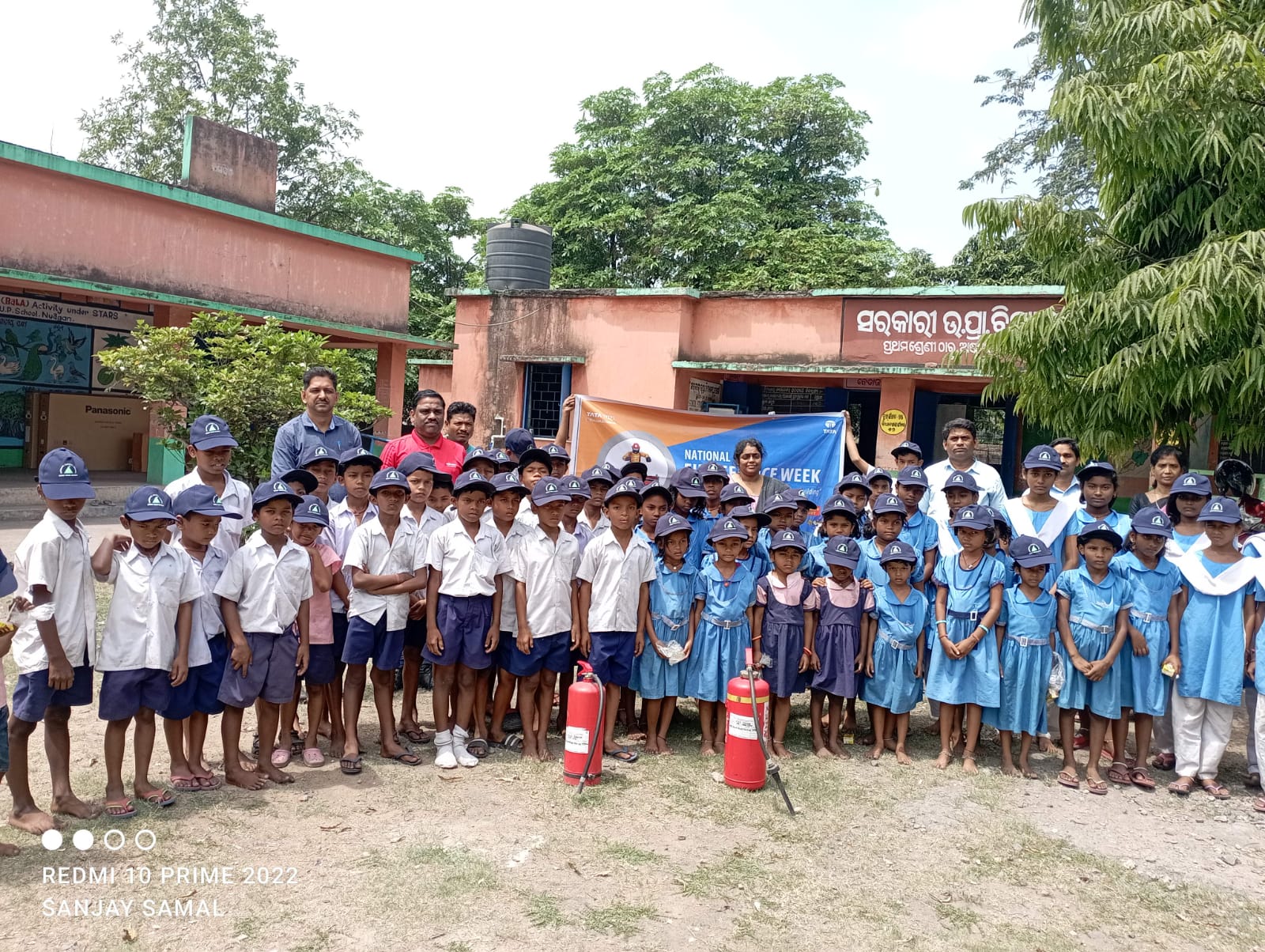Subscribe our Weekly Newsletter
RFP for suppliers providing services for the research, study, evaluation and monitoring activities for unicef India

Organization: UNICEF
Apply By: 31 Jan 2023
About the Organization
UNICEF works in the world’s toughest places to reach the most disadvantaged children and adolescents – and to protect the rights of every child, everywhere. Across more than 190 countries and territories, we do whatever it takes to help children survive, thrive and fulfill their potential, from early childhood through adolescence.
The world’s largest provider of vaccines, we support child health and nutrition, safe water and sanitation, quality education and skill building, HIV prevention and treatment for mothers and babies, and the protection of children and adolescents from violence and exploitation.
About the Proposal
UNICEF India is planning to identify and establish a pool of expert agencies to be contracted as suppliers/vendors in order to provide technical assistance for the research, study, evaluation and monitoring activities.
UNICEF in India recognizes the centrality of evidence, data, and knowledge. Evidence, data, knowledge management and monitoring are critical to supporting UNICEF's programming goals in India, and to its work to save children’s lives, help them fulfill their potential and defend their rights. The evidence generated not only supports UNICEF’s India programming by supporting results for children and their rights, but also the Government of India through policy formulation and implementation. It also empowers stakeholders and communities to achieve their rights using this evidence generated. We understand that this can be made possible only through the generation of quality data that is both relevant and timely. By using relevant, equityfocused, high-quality and timely evidence, UNICEF India aims to inform better policy formulation, to improve policy or programme implementation, and to empower groups/communities/institutions to achieve their own rights.
The need for evidence-informed programming has become even more urgent given the impact of COVID over the past years, particularly on poverty, food security and education. In order to accelerate recovery from COVID and to be able to have a chance at meeting the SDG targets in 2030, it is critical for duty bearers and right holders to have accurate information on the situation and credible evidence of what interventions (policies, programmes and practices) work best to realize the rights of children in India.
There is also a need of effective utilization of the robust data and evidence generated from work/activities commissioned by UNICEF and by others in the sector. This we believe can be achieved through development of information products/deliverable for advocacy with policy makers, in technical settings with cadres involved in implementing policy choices by managing resources, systems and technologies, and finally with the greater audience at both community level and at a global level. UNICEF India also acknowledges the need for locally sourced, high quality and data-dense evidence. Any quality evidence which is not ready when needed loses much of its potential value. Additionally, if this robust evidence is not effectively communicated, shared and reported, this can affect its capacity to influence and support our work. Providing quality evidence (through data, research, evaluations and studies along with knowledge management and monitoring activities) to the right stakeholders at the right time in the right format to achieve results is the key to ensuring that UNICEF programming is making a difference to the lives of children on ground.
In line with this and aligned with the UNICEF’s Global Strategic Plan which has identified ‘data, research, evaluation and knowledge management’ as a change strategy, the new country programme (2023-2027) aims to work towards strengthening of the relevance, quality and timeliness of evidence and ultimately ensure its effective use to achieve programme outcomes. UNICEF India Country Office is aiming to work toward a more coordinated, better prioritized evidence agenda for children in India. The vision is to position UNICEF as a credible broker and convenor around knowledge for children in India by 2027. The UNICEF India Country Office had last undertaken a market survey in 2014-15 in order to explore the Indian market and establish a database of suppliers who are available for participation in competitive bidding process for 4 key service categories, one of which was 'Studies and Surveys'. The outcome of the market survey was a list of 160+ suppliers who were identified and shortlisted for this category. However, since then, no detailed market scan exercise has been conducted. Hence, UNICEF ICO is now looking to revamp the supplier database for this specific category for the following reasons:
- Establish a supplier list that is relevant to the current UNICEF programmatic requirements and to ensure sufficient competition in various procurement opportunities.
- Given India’s large market size, which is dynamic in nature and evolving rapidly, there is a need to constantly tap the market for identifying new potential vendors to fulfill UNICEF needs in the research and evidence category. This necessitates updating information on existing vendors along with their capabilities and capacities as well as identifying new vendors in the market who can provide the required services.
- Internally, the complexity of UNICEF technical assistance to governments and other partners has also evolved. There is a need to adapt to the changes effectively and efficiently. To do this, it is necessary to undertake an assessment of the market and identify appropriate vendors for UNICEF and help build/restructure a database to ensure the usability of the information and maximize competition during tendering processes.
Objective
To identify potential suppliers of services across India that can meet the procurement requirements of UNICEF Delhi and Field Offices pertaining to Research, Study, Evaluation, and Monitoring that are managed through a contractual modality. Note that this list will not be treated as a prequalification list of suppliers but a database of potential suppliers who are able to provide the expertise across the different areas/categories of services.
Major tasks to be accomplished
Agencies who are selected through this RFI process to be part of the pool of suppliers for Research, Study, Evaluation and Monitoring, will be expected to undertake key activities and tasks to the successful completion, as and when they are awarded these based on competitive bids to specific RFPs. The following is a summary of the types of tasks that will be expected:
- Design and refine approach and methods: This will involve defining the design, approach and identifying the most appropriate research/study/Evaluation/Monitoring method. This may entail a mixed methods approach, involving quantitative surveys and qualitative interviews and a desk review. A detailed proposal needs to be prepared by the agency on how the information will be collated by supplementing the desk review, secondary information with the data that will be captured through the survey, In-depth interviews (IDIs), observations, and FGDs.
- Sampling: The agency is expected to finalize sampling, where applicable, for the approach/design. In most of the cases, sampling methodology and sample selection for the activity will require in-depth discussion and approval of UNICEF Evidence team.
- Data Collection, management, and analysis: This step will involve pre-testing the tools, translating the toolsin local languages, data collection team training, implementation plan for data collection (including use of CAPI and CATI based technology), data quality monitoring and assurance, and data management and analysis.
- Stakeholder identification and mapping: Where there is primary data collection involved, the agency is expected to lead in identifying the key stakeholders/ participants for the specific activity through their network. UNICEF can support in facilitating connections, where necessary.
- Adherence to ethical consideration and obtaining necessary ethical approvals: The Agency will be also expected to ensure adherence to all relevant UNICEF procedures, protocols and guidelines on ethics. For evaluations, all the required UNEG norms and standards are expected to be observed by the agency throughout the assignment. The agency will be responsible for possibly obtaining ethical approval from an Institutional Review Board (IRB) depending upon the nature of the assignment especially if it involves interaction with children and other vulnerable populations or asking sensitive questions.
- Reporting of progress and submission of deliverables: the Agency will be expected to regularly interact, communicate and update UNICEF on the various activities undertaken in an agreed format. The agency will be responsible for submitting high quality deliverables to UNICEF on time, based on the schedule decided during the subsequent contract agreements.
- Quality Assurance: Agency will also be expected to adhere to the various steps of quality assurance adopted by UNICEF. These steps can happen at various stages of deliverable submission such as after submission of inception report, tool development, final reports and any other deliverable expected from the assignment. Some of the steps/activities include review of documents by external QA agencies, approval by UNICEF programme teams, approval by a Evaluation Reference Group (ERG)1 in the case of evaluations.
Deliverables
- Inception report + presentation: Preparation of Inception report based on secondary and primary data collection
- Draft ToCs, stakeholder mapping (where relevant), data collection tools, ethical approval submissions: Preparation of these tools/documents are expected and will normally be included as part of the inception report
- Field completion report + presentation: For some activities, a short report on the completion of field work will be requested, to ensure data collection and quality is up to standard
- Final Report + presentation: Preparation of Final Report and presentation to the UNICEF Evidence Team
- Summary brief: A summary brief document is usually requested, to be able to use as part of the dissemination of findings/results
- Draft academic journal article: In some cases, RFPs may request agencies to deliver a draft article for journal publication. Note that UNICEF will remain the sole owner of the data collected and analysed as part of the activity; however, an agreement can be made around co-authorship of the members from the agency working on specific activities.
How to Apply
Interested agencies should submit the following documents to sursingh@unicef.org no later than 31st January 2023.
Please quote “RFI- Provision of services for the research, study, evaluation and monitoring activities for UNICEF India” as the subject in your correspondence.
For more information please check the Link
Latest Online Store
Latest Grants
© Renalysis Consultants Pvt Ltd


























